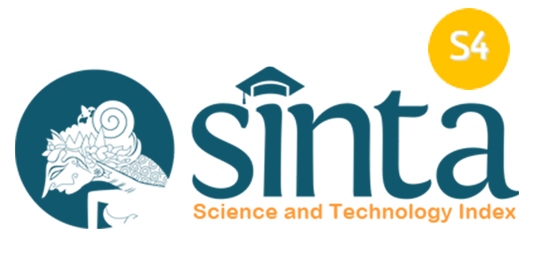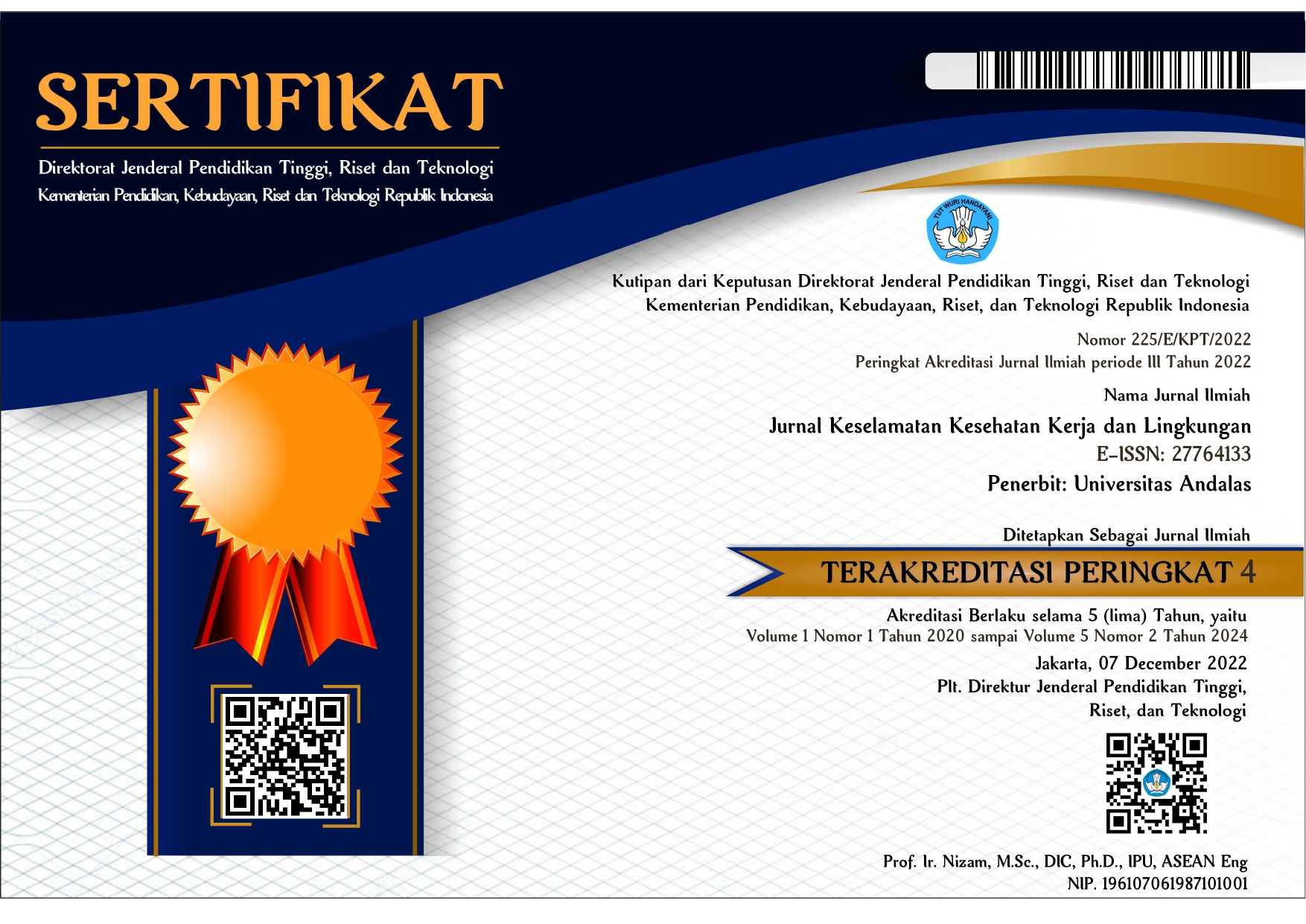Pengelolaan Limbah Padat Menstruasi Siswi Sekolah Menengah Pertama di Provinsi Sumatera Barat
DOI:
https://doi.org/10.25077/jk3l.5.1.28-37.2024Keywords:
Menstrual waste, Reproductive health, Management, Environmental pollution, TeenagersAbstract
Menstrual Hygiene Management (MHM) is part of the government's program for women's reproductive health. Adolescents' understanding of MHM in developing countries is still low. The study aimed to explore the actions, knowledge, attitudes, and perceptions of female students about facilities and infrastructure, as well as the role of parents in managing menstrual solid waste. The method used is a quantitative method with a cross-sectional approach. The study population was junior high school students in Padang Panjang City and Padang Pariaman Regency, with a sample of 234 people. Data were analyzed univariately, bivariately, and multivariately using SPSS. Almost half of respondents took poor action in managing menstrual solid waste (44.9%), had low knowledge (44.4%), had a negative attitude (44.4%), had a poor perception of supporting facilities and facilities (48.3%), and stated that there was no role of parents/families in managing menstrual solid waste (43.2%). There was a significant relationship between the level of knowledge, respondents' attitudes, and the role of parents with menstrual solid waste management measures. However, there is no relationship between the perception of the availability of facilities and infrastructure and action. The level of knowledge and attitude has the most significant influence in determining the actions taken by respondents. The government is expected to provide socialization to the public on how to dispose of menstrual solid waste and provide adequate sanitation facilities and infrastructure. Parents also provide guidance early on
Downloads
Published
How to Cite
Issue
Section
License
Copyright (c) 2024 Trisfa Augia, Mery Ramadani, Regina Muthia Sahirah, Luthfil Hadi Anshari, Muthya Divani Sukardi, Aliffa Oktanofrida Hade

This work is licensed under a Creative Commons Attribution-NonCommercial 4.0 International License.





